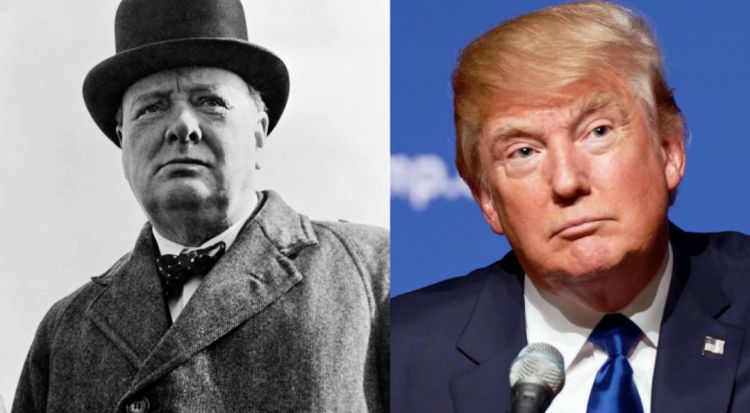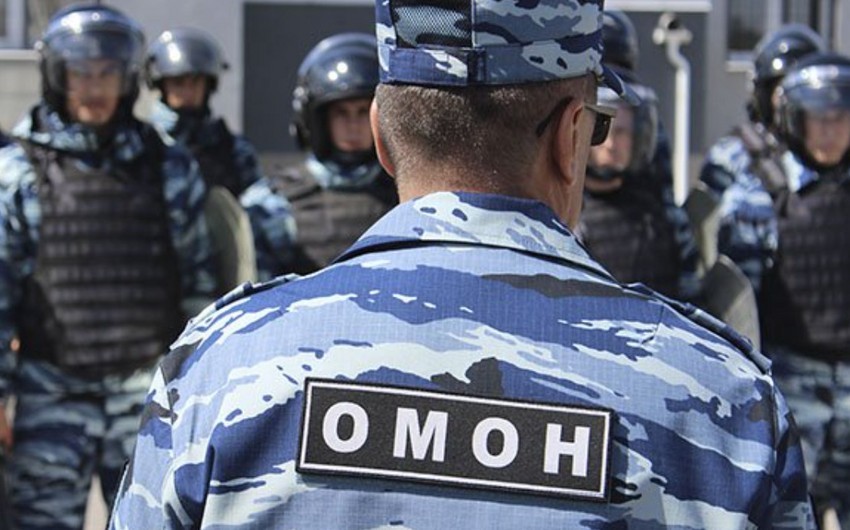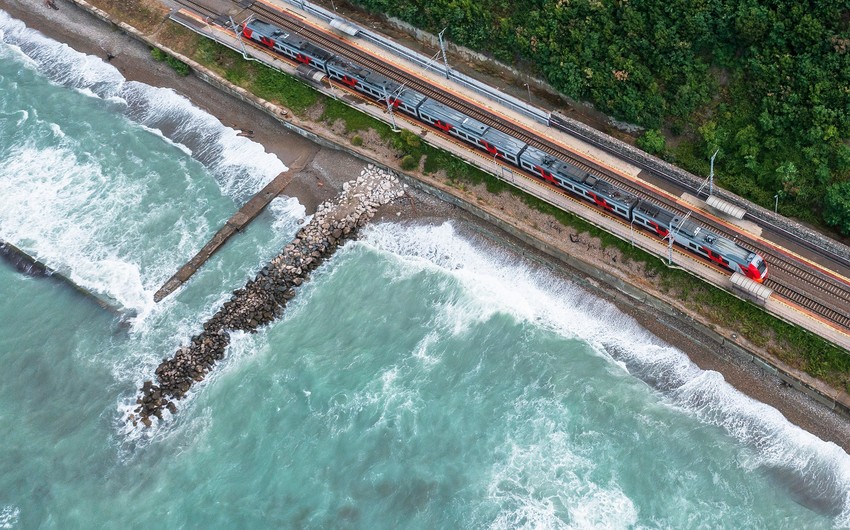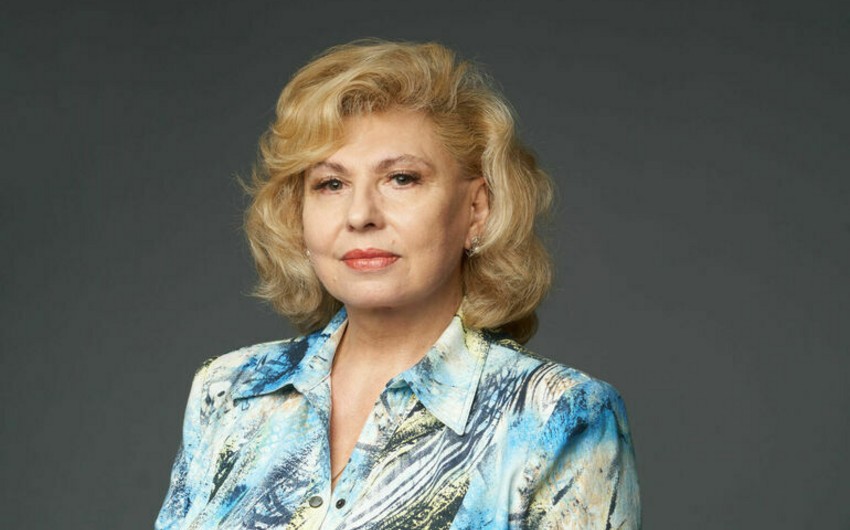Since Winston Churchill coined the term “special relationship” after World War Two, the United Kingdom has placed its alliance with the United States at the heart of its foreign and security policy.
Ahead of President Donald Trump’s visit to Britain next week here are some key moments of the relationship between the two countries.
AMERICAN REVOLUTION
The United States declared independence from Britain in 1776 and the American revolutionary war raged until 1783.
British forces burned down Washington, including the Capitol and the White House, during the War of 1812. Britain remained neutral through the American Civil War but was sympathetic to the Confederate States.
By the late 19th Century, though, Britain and its former colony were aligned. Despite President Woodrow Wilson’s attempts to keep the United States out of World War One, it eventually declared war in 1917.
Wilson came to Europe after the war and spent several days with King George V at Buckingham Palace, the monarch’s London residence, becoming the first American president to stay there on what was the only pre-World War Two visit by a U.S. president.
Wilson and his wife Margaret took a horse-drawn carriage down London’s grand boulevard, The Mall, surrounded by crowds of well-wishers.
Despite Britain’s perilous situation in the early years of World War Two, Washington maintained neutrality until the Japanese bombing of the American fleet in Pearl Harbor, Hawaii, on Dec. 7, 1941, just months after the Soviet Union entered the war.
The United Kingdom (including its empire) lost over 450,000 people in that war, while the United States lost about 420,000.
SPECIAL RELATIONSHIP
In 1946 Winston Churchill coined the term “special relationship” as the Cold War began, but it was an alliance that was to endure some testing times.
Britain’s post-war foreign minister Ernest Bevin said that Britain needed its own nuclear deterrent to make sure that no other holders of the post were talked down to by American counterparts.
And while the establishment of NATO in 1949 helped to deepen military ties, tensions remained especially over Britain’s role as a colonial power.
President Franklin Roosevelt had pushed for Indian independence during World War Two in the face of bitter opposition from Churchill. India eventually achieved independence in 1947.
In the 1956 Suez Crisis, when Britain attacked Egypt without informing the United States, President Dwight Eisenhower was incensed and pressured Prime Minister Anthony Eden to seek a peaceful solution, resulting in Eden’s resignation.
The episode was arguably the worst crisis of U.S.-UK relations in the 20th century but demonstrated to the British establishment its fading imperial power and the importance of collaboration with the United States in international affairs.
The relationship was tested again in 1962 when the administration of U.S. President John Kennedy unexpectedly canceled its Skybolt missile program, angering Britain which had been set to use the missiles.
However, Kennedy visited Britain twice during his short time in office, meeting Queen Elizabeth in 1961. In 1963 he received a letter from three “Ban the bomb” anti-nuclear weapon campaigners as he met Harold Macmillan at the prime minister’s Sussex country home.
THATCHER AND REAGAN
The defining image of British and U.S. relations by the end of the Cold War was of Prime Minister Margaret Thatcher and President Ronald Reagan.
The grocers’ daughter and the Hollywood film star struck up a rapport on the basis of their shared commitment to small government, economic liberalism and anti-communism.
Even this relationship was subjected to strains, however. Thatcher was angered by the U.S. invasion of Grenada, a Commonwealth nation in 1983. In 2014 a recording of a phone call by Reagan, apologizing to Thatcher, was released.
Reagan met Queen Elizabeth on each of his three visits to Britain. In 1982, he stayed at Windsor Castle and went riding with the queen.
“YO BLAIR”
The special relationship was reinforced again with the co-operation of Prime Minister Tony Blair and President George W. Bush over the Iraq War.
Following the 9/11 attacks on the United States in 2001, Blair was keen to offer support to the United States. However, while the initial action to depose Saddam Hussein as Iraq’s leader in 2003 achieved its aims, the war became drawn out.
The lack of Iraqi weapons of mass destruction, which had provided a justification for the action, drew opposition on both sides of the Atlantic, with some describing Blair as a puppet of Bush.
The impression was underlined at an international conference in 2006 when Bush, chewing on a bread roll, was overheard by a microphone greeting the arriving British leader with a cheery “Yo Blair.”
While Blair’s close friendship with Bush - they famously claimed to use the same brand of toothpaste - became a political issue for him, British leaders tended to see good relations with president Barack Obama as an asset.
Obama was popular in Britain and Prime Minister David Cameron was keen to portray their closeness, in contrast to the more awkward manner of his predecessor Gordon Brown.
Cameron high-fived Obama as they played table tennis during a visit to London in 2011, while Cameron ate hotdogs with the president as they took in a university basketball game in Ohio.
However, Obama’s comment in April 2016 that Britain would be “at the back of the queue” in trade talks should it vote to leave the EU also raised questions among Britons about the value of the relationship.
“BEAUTIFUL BREXIT”
Just after Britain voted to leave the EU, Donald Trump described Brexit as a “beautiful, beautiful thing”.
Trump’s victory in the 2016 presidential election shocked British diplomats in Washington and relations between PM May, a vicar’s daughter, and Trump have been strained at times.
The enduring image of May’s visit to the White House in January 2017, when she became the first foreign leader to meet the president after he took office, was Trump taking May’s hand to help her down the steps of a White House colonnade.
He will arrive in the United Kingdom after a NATO summit in Brussels and shortly before a summit in Helsinki with Russian President Vladimir Putin.









